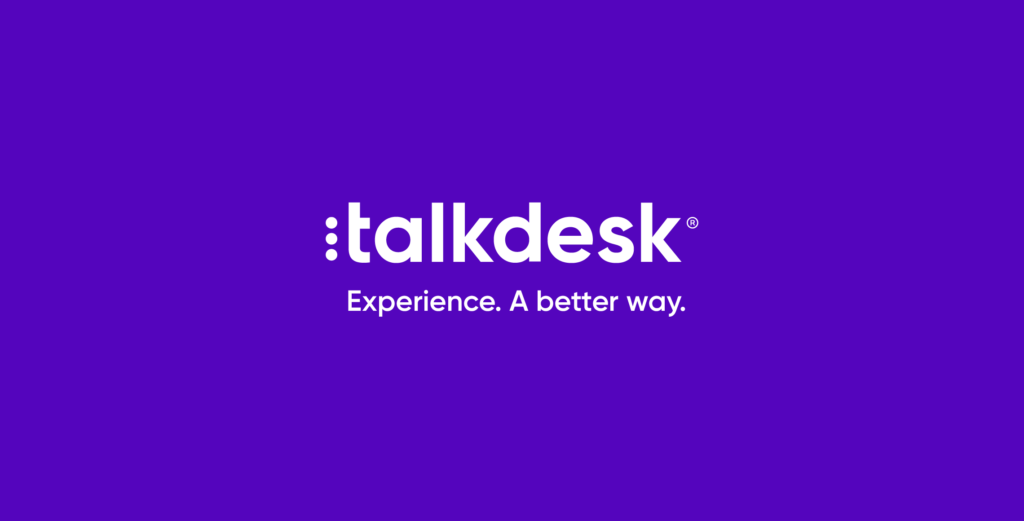
What You Should Know:
– A new survey conducted by Talkdesk has revealed the growing optimism among consumers about the potential of artificial intelligence (AI) to improve the healthcare experience.
– While AI is still in its early stages of adoption in healthcare, patients are hopeful that it can streamline processes, reduce administrative burdens, and improve access to care.
Patients embrace artificial intelligence for administrative tasks, sensitive health queries, and communications, but desire a human touch for medical advice
The survey findings highlight the growing optimism about AI in healthcare and the potential for AI to transform the patient experience. While there are challenges to address, the future of healthcare looks promising with the integration of AI-powered solutions. Key findings of the survey include:
- Growing Anticipation for AI: Half of U.S. patients believe AI will enhance their patient experience within the next year. This sentiment is particularly strong among men and millennials.
- Desire for AI-Powered Automation: Patients are eager for AI to automate administrative tasks such as scheduling appointments, managing medication refills, and updating basic information.
- Preference for Human Touch: While patients appreciate the potential benefits of AI, they still value the human touch in certain aspects of care. Eighty-one percent prefer to consult a human for medical advice, and 74% want to discuss personal health information with a person.
- Addressing Healthcare Barriers: AI could play a vital role in breaking down barriers to care, particularly for stigmatized health issues. Thirty percent of patients have avoided seeking medical care due to embarrassment or discomfort.
- Concerns About AI: Despite the optimism, patients have concerns about the use of AI in healthcare, including inaccuracies, data privacy issues, and the fear of losing the human touch.
“Healthcare providers are looking to AI as a solution for improving efficiency and reducing complexity within the U.S. healthcare system. While our findings clearly show that patients are ready and eager for AI to assist them in navigating the system and handling administrative tasks, the human touch remains essential for providing medical advice and personal health inquiries. As we move forward, it will be important for healthcare providers to responsibly integrate AI to enhance efficiency and personalization while maintaining the expertise that human caregivers can provide. This is how the industry can leverage AI to improve the patient journey,” said Patty Hayward, vice president and general manager of Healthcare and Life Sciences at Talkdesk.

